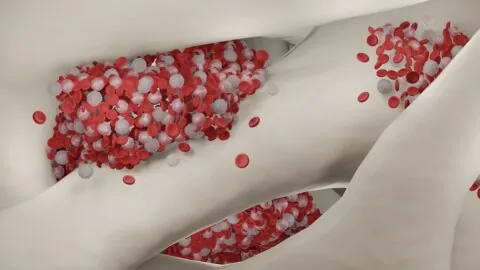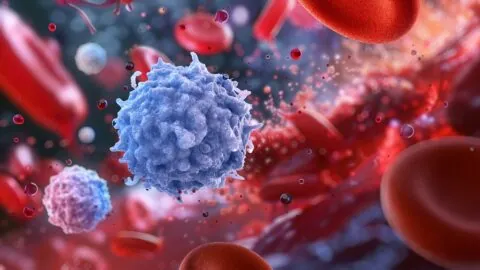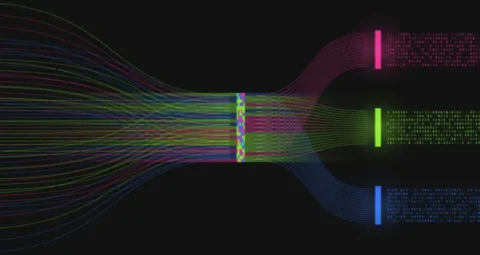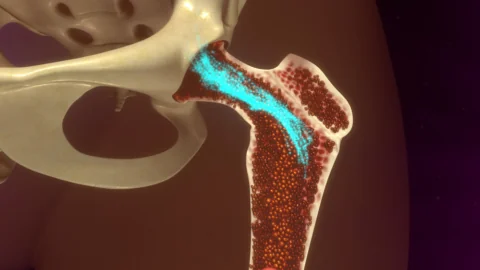May 27, 2025
Scientists have created a new, highly effective method of tracing blood cells’ lineage. This can improve our understanding of clonal hematopoiesis and its impact on an aging organism [1]. Hostile takeover In the human body, a relatively small pool of hematopoietic stem cells (HSCs) sustains a system that produces 100-200 billion mature blood cells each...
February 06, 2025
A team of scientists has discovered that some hematopoietic stem cells (HSCs) lose their ability to differentiate into useful somatic cells and that removing those bad HSCs is beneficial. Blood creation diminishes with age Hematopoiesis refers to the production of blood cells, both white and red. HSCs, which create these blood cells, are known to...
March 29, 2024
A new study suggests that depleting a subset of stem cells that overproduces myeloid cells can rescue age-related immunosenescence [1]. Thrown off balance Immunosenescence, the gradual decline in the immune system’s abilities, is one of the hallmarks of aging [2]. Moreover, many scientists view it as one of the most consequential processes of aging, as...
July 17, 2023
Researchers publishing in Cell Stem Cell have announced a new method of accurately and rapidly cloning genetically engineered stem cells. CRISPR is still imperfect While the accuracy of genetic modification through the well-known CRISPR/Cas9 system continues to improve, the technology remains imperfect. Small mistakes were initially reported [1], and later researchers found that under certain...
June 08, 2023
Scientists have verified the effectiveness of stem cell transplants, researched a core reason behind it, and published their findings in Aging Cell. The niche controls what stem cells do Back in 1978, Raymond Schofield proposed that hematopoietic stem cells (HSCs), which make blood cells, are governed by their local microenvironment, the niche in which they...
April 28, 2023
Scientists have discovered that the protein Netrin-1 alleviates the age-related decline in hematopoietic stem cell function in mice, enhancing HSC transplantation and protecting these mice from the harmful effects of chemotherapy [1]. (Not) a niche problem Why We Age: Stem Cell ExhaustionStem cell exhaustion is the age-related deficiency of stem cells. This particular hallmark is...








